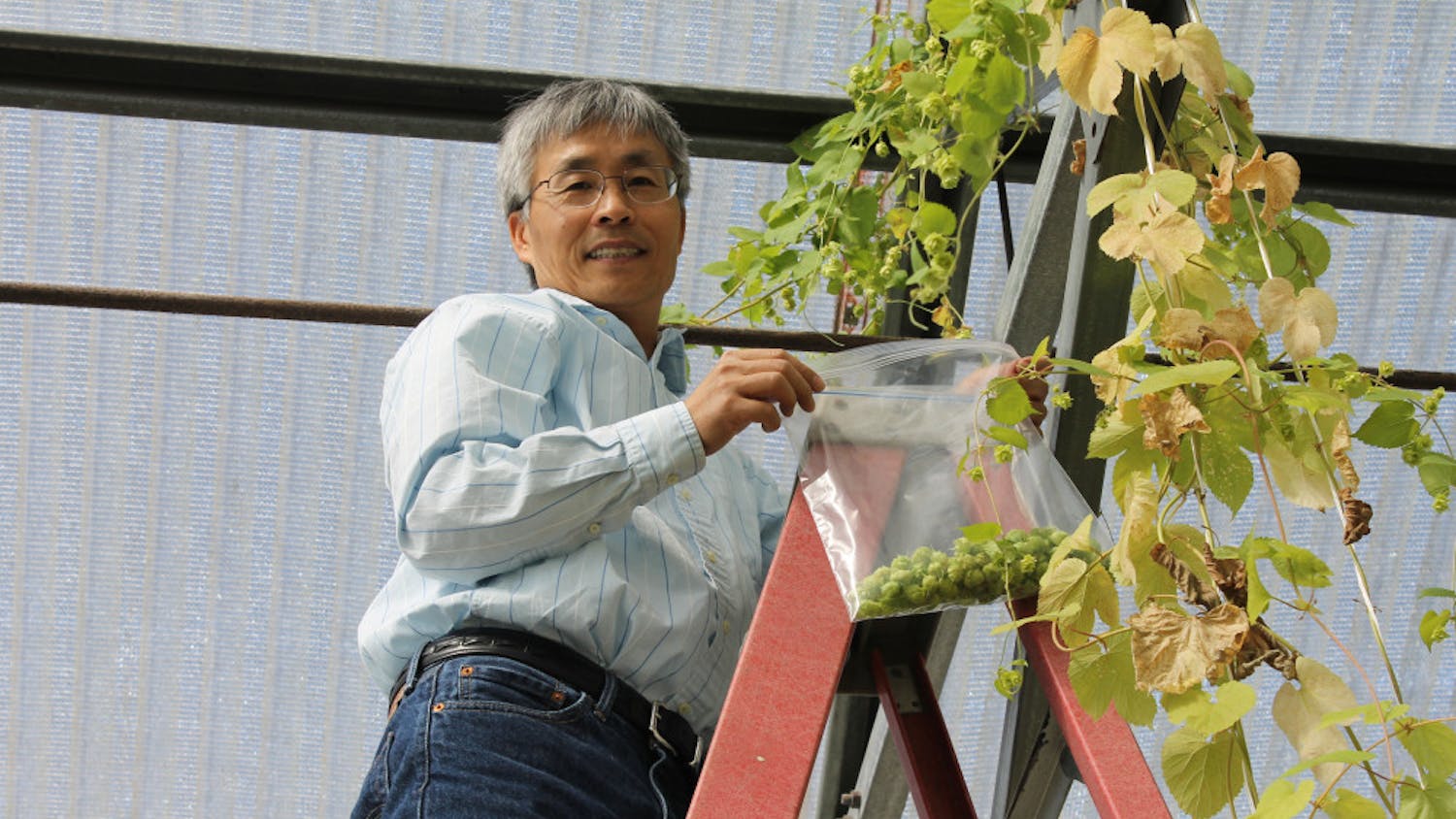Bedbugs often sleep in others’ beds, but they don’t want to cuddle.
The blood-sucking insects can thrive with less access to feeding, according to a new UF study published online by the Medical and Veterinary Entomology.
The study measured the number of bedbugs that would be necessary to remove 5 percent of a person’s blood.
The bugs will produce more eggs if there is more food, said Roberto Pereira, associate research scientist at the Department of Entomology and Nematology.
“Weak organisms are prone to diseases,” he said. “The body is weak because a lot of blood is taken out.”
About 24,000 bedbugs feeding on a 154-pound adult and 3,400 bedbugs feeding on a 22-pound baby can cause harm, according to the study.
The study showed the dark-brown insects were full after 10 minutes of feeding.
Pereira said most people’s beds are usually infested with bedbugs by sleeping in infested hotel rooms. UF’s dorms have mostly been bedbug-free.
Wayne Walker, the senior pest control technician for the University of Florida Department of Housing and Residence Education, said he has received about three or four complaints since the beginning of the semester about possible bedbugs, but there hasn’t been a case of bedbugs in the residence halls for more than a year.
“We’ve been real fortunate,” he said.
He said he doesn’t think the bedbug problem will go away, but it’s something he and his staff will have to be vigilant about.
“We need to continue to educate the residents and make sure we inspect the rooms very thoroughly,” Walker said.




